“Mountains of Opportunity”—And Other Takeaways from Climate Week NYC
October 13, 2023
One of our favorite moments from this year’s Climate Week NYC happened during Activate’s fireside chat between ARPA-E director Evelyn Wang and climate solutions storyteller Molly Wood. Wang reframed the so-called “valley of death”—the infamous gap where newly commercialized technologies meet their demise—as “mountains of opportunity,” recognizing the tremendous potential in closing critical gaps and getting promising technologies to scale.
Wang’s message, which turned an ominous metaphor upside down, captured the optimism pervasive throughout this year’s Climate Week. Many Climate Week participants reported feeling hopeful, including Activate Fellow Rob Moak (Cohort 2022, Tensora), one of 26 fellows who presented game-changing technologies at the Activate Demo Hall.

Activate Fellow Rob Moak (Cohort 2022, Tensora) and ARPA-E director Evelyn Wang at Climate Week NYC.
“There was a clear demonstration that serious action is being taken in both the public and private sectors,” said Moak. “There are a lot of reasons to be excited and optimistic about our ability to address climate change while creating enormous economic opportunities.”
Here are some of our top takeaways from the event.
1. Climate Week has become Climate-Tech Week
Climate tech took center stage at this year’s event as the focus of Climate Week shifted from “why” we need to solve the climate crisis to “how” we will do it—and quickly.
“The conversation is turning to solutions and not just problems,” said Wood, who is also a climate-tech investor, startup advisor, and host of the podcast Everybody in the Pool.
She says that policy support (like the IRA), financial incentives from private investors, and public reporting have spurred action. Additionally, extreme weather events have created a renewed urgency to work smarter and more efficiently, especially regarding advancements in climate tech.
Climate Week was a unique opportunity to witness these climate-tech solutions firsthand. “The most exciting events I attended were the ones focused on innovation and invention, like the Activate Demo Hall. I'm not just saying that, either,” said Wood. “There's a sense of momentum, a recognition of the progress that's been made—even if it's not enough—and a desire to keep solutions moving, and moving much faster.”
2. Identifying next frontiers
Attending Climate Week means hearing from leaders about what they predict will be tomorrow’s most promising climate technologies.

ARPA-E director Evelyn Wang and climate solutions storyteller Molly Wood at Activate’s fireside chat.
Evelyn Wang called out three areas she’s particularly excited about: industrial decarbonization, renewable firm power, and electrification of aviation. She mentioned three ARPA-E-supported companies “starting to make real impacts” in these respective areas: InventWood, which is developing wood that is 60 percent stronger and 80 percent lighter than steel; Fervo Energy, founded and led by Activate Fellow alum Tim Latimer (Cohort 2018), which is scaling up next-generation geothermal energy; and Ampaire, which is pushing the boundaries of electric aviation.
Another hot topic at Climate Week was critical minerals. Activate co-hosted a “Critical Minerals Lunch,” featuring ARPA-E program director Douglas Wicks, that brought together Activate Fellows, investors, and organizations helping to grow this ecosystem.
“The critical minerals supply chain is a space where Activate can be catalytic,” said Andrew Chang, managing director of the Activate New York Community, citing 15 Activate Fellow companies are developing technologies related to the critical minerals and metals supply chain industry.
One of these companies also featured at the Activate Demo Hall is Still Bright, a sustainable copper processing company led by Jon Vardner (Cohort 2022). "We're talking about a completely new way of processing copper that's never been done before—and can be done at a much more profitable price point than conventional smelting with less externalities and pollution,” said Chang. “It's completely game-changing."
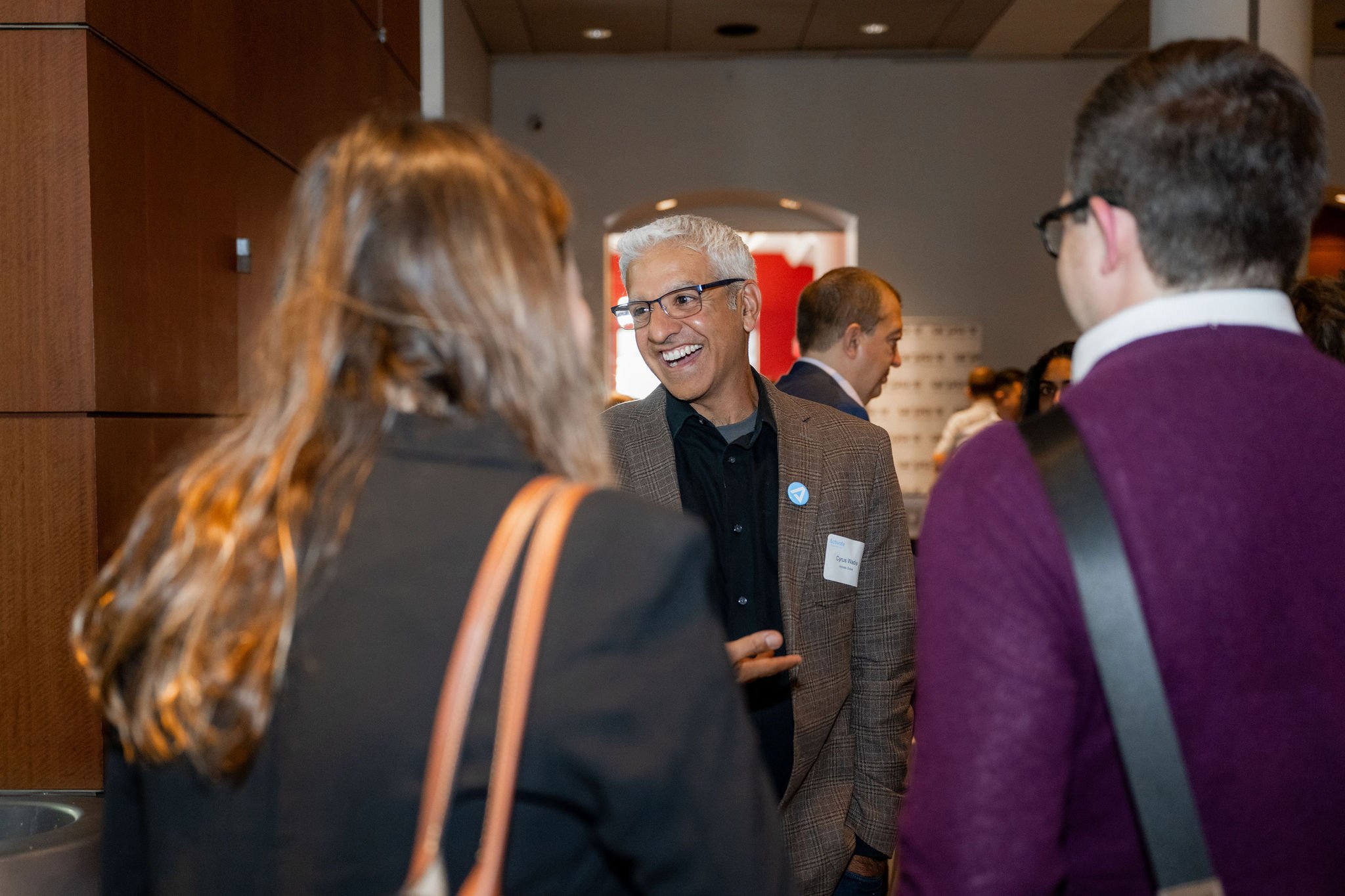
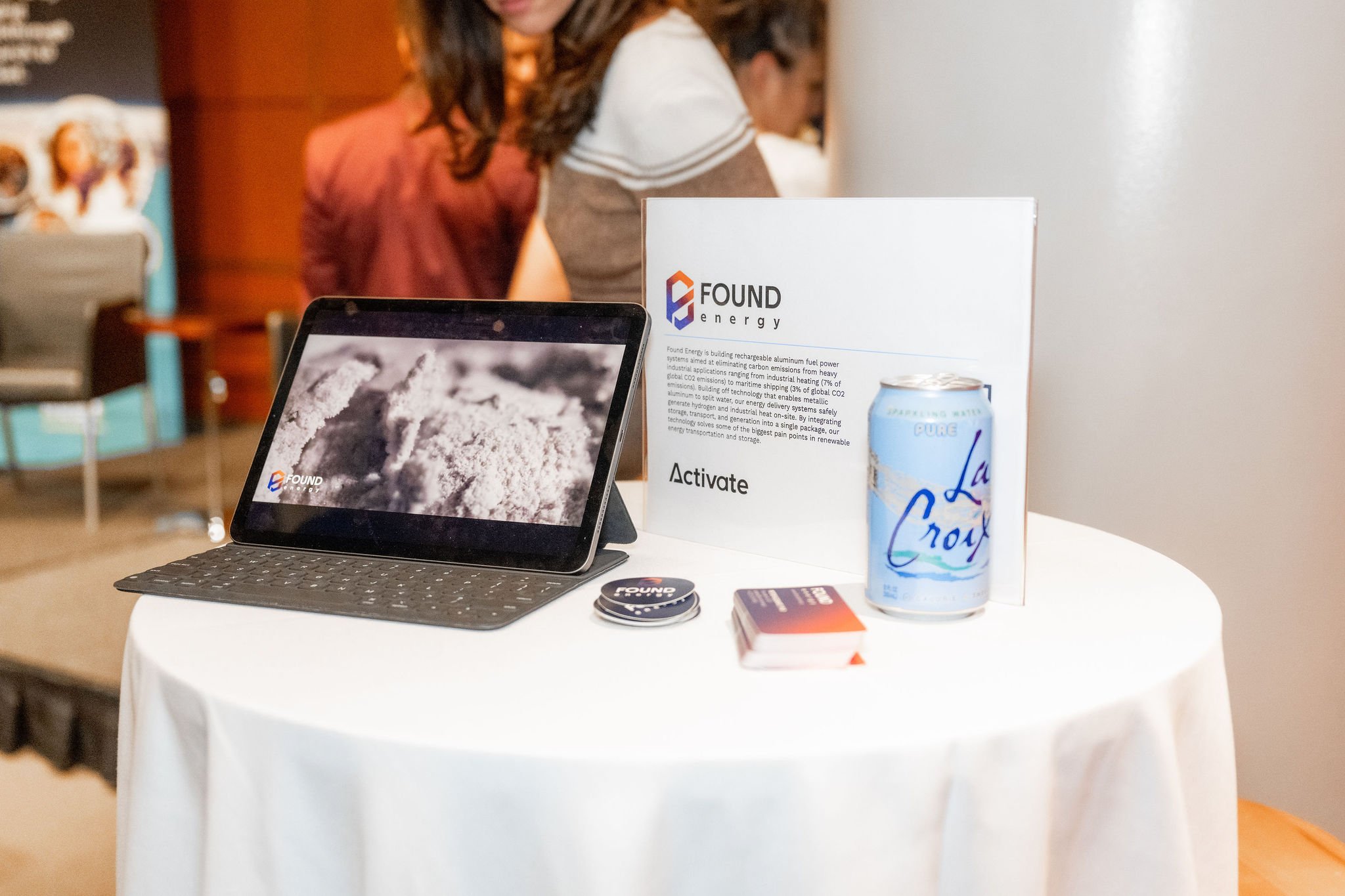
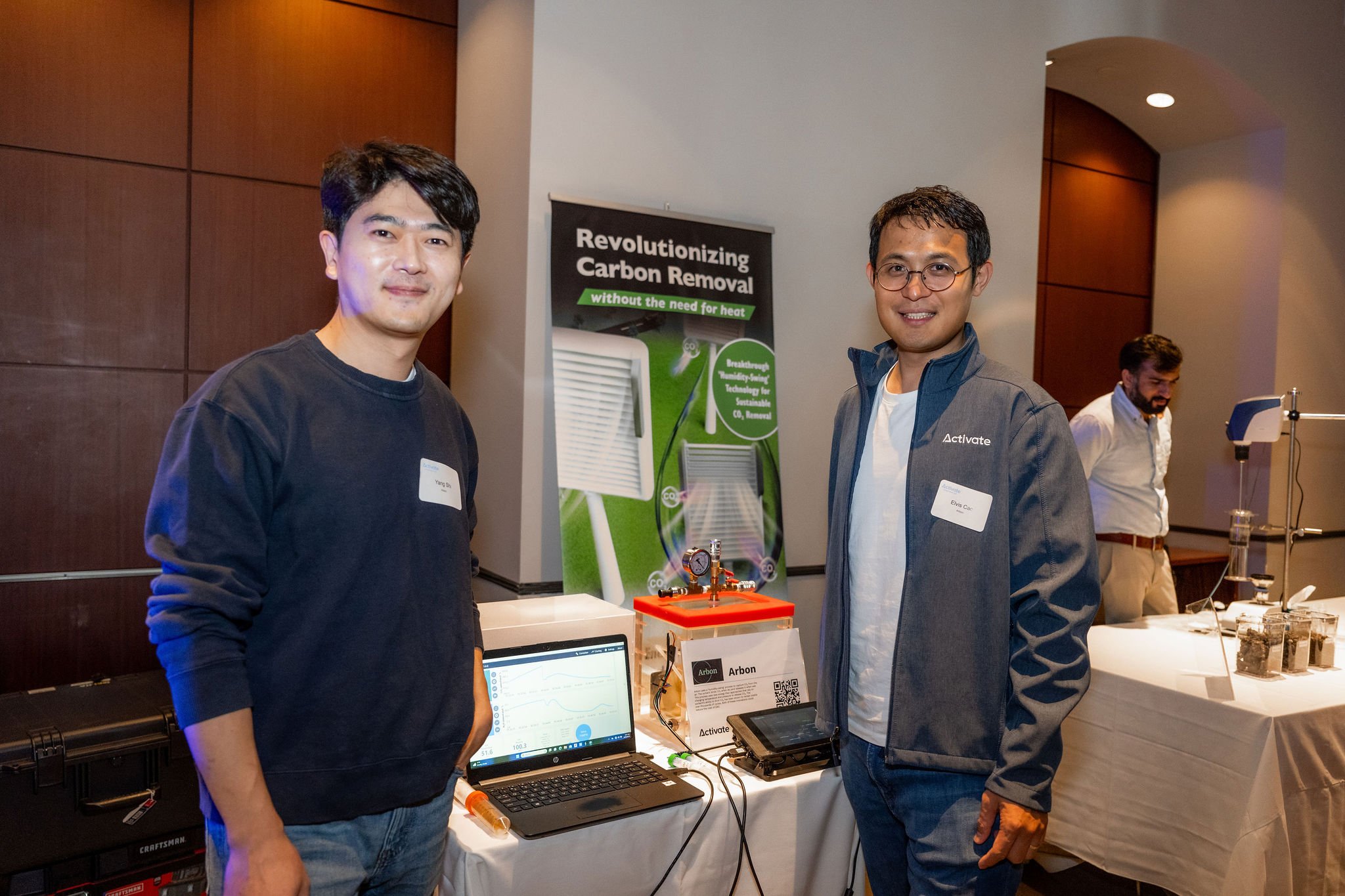
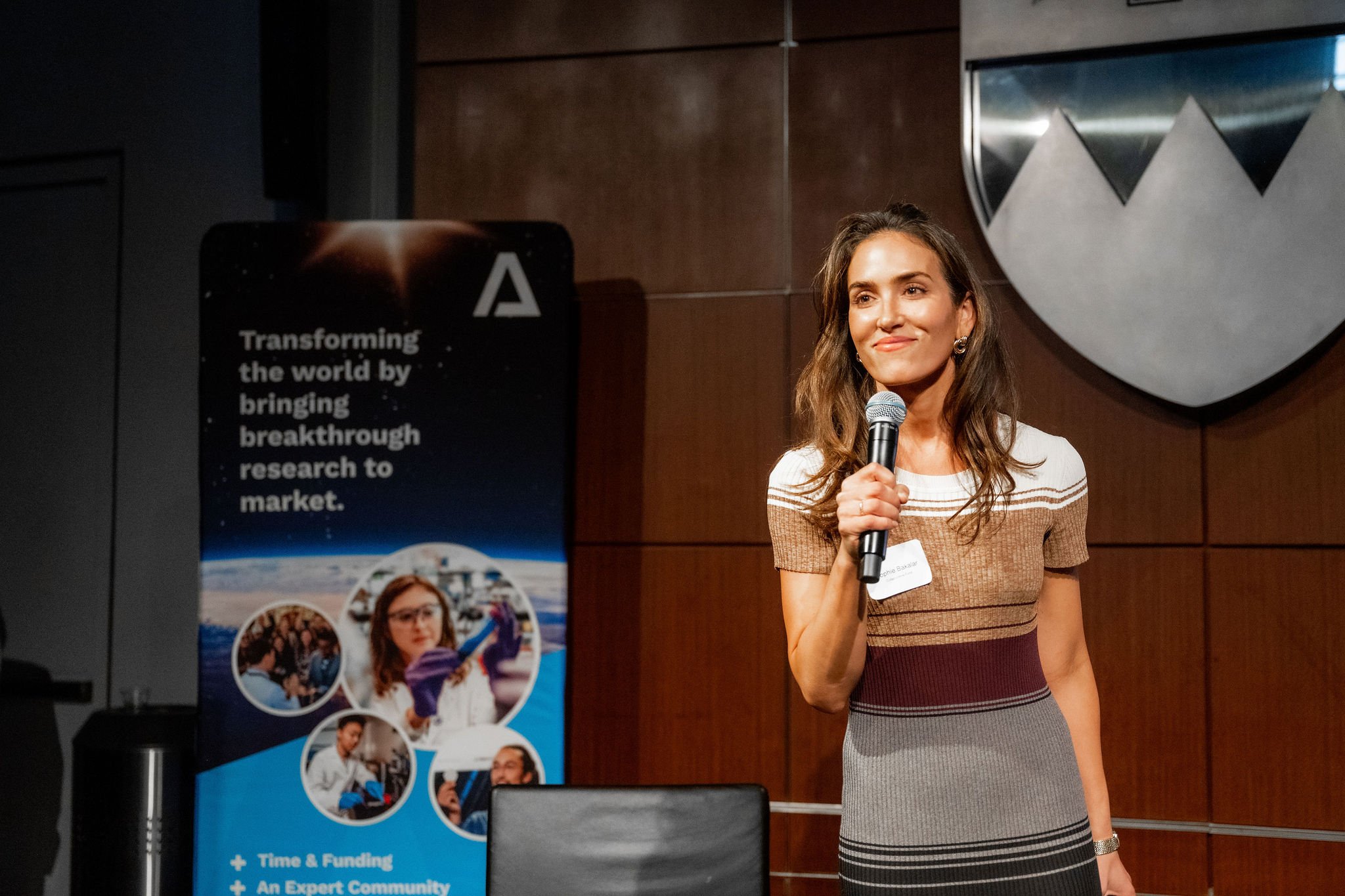

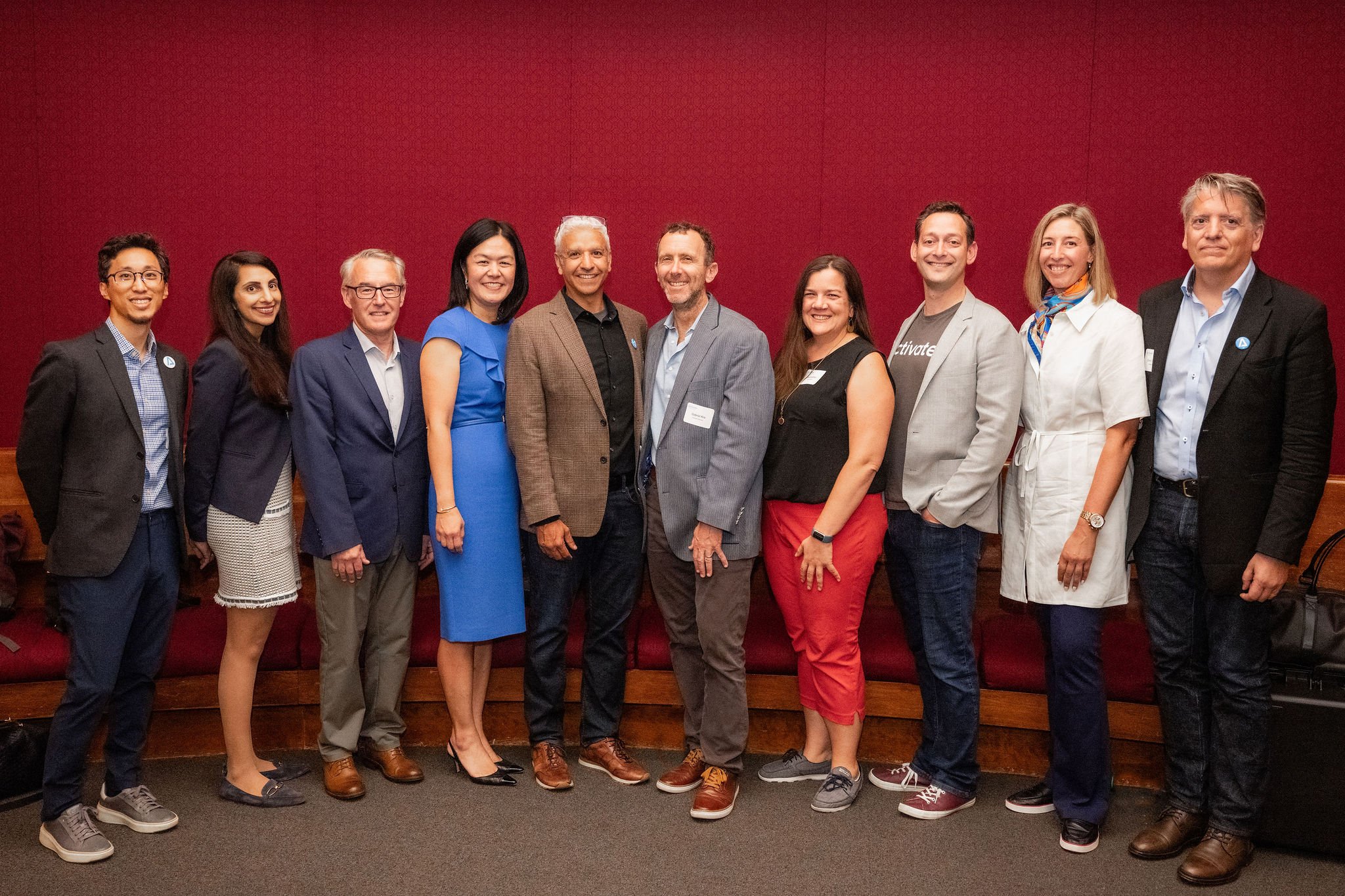
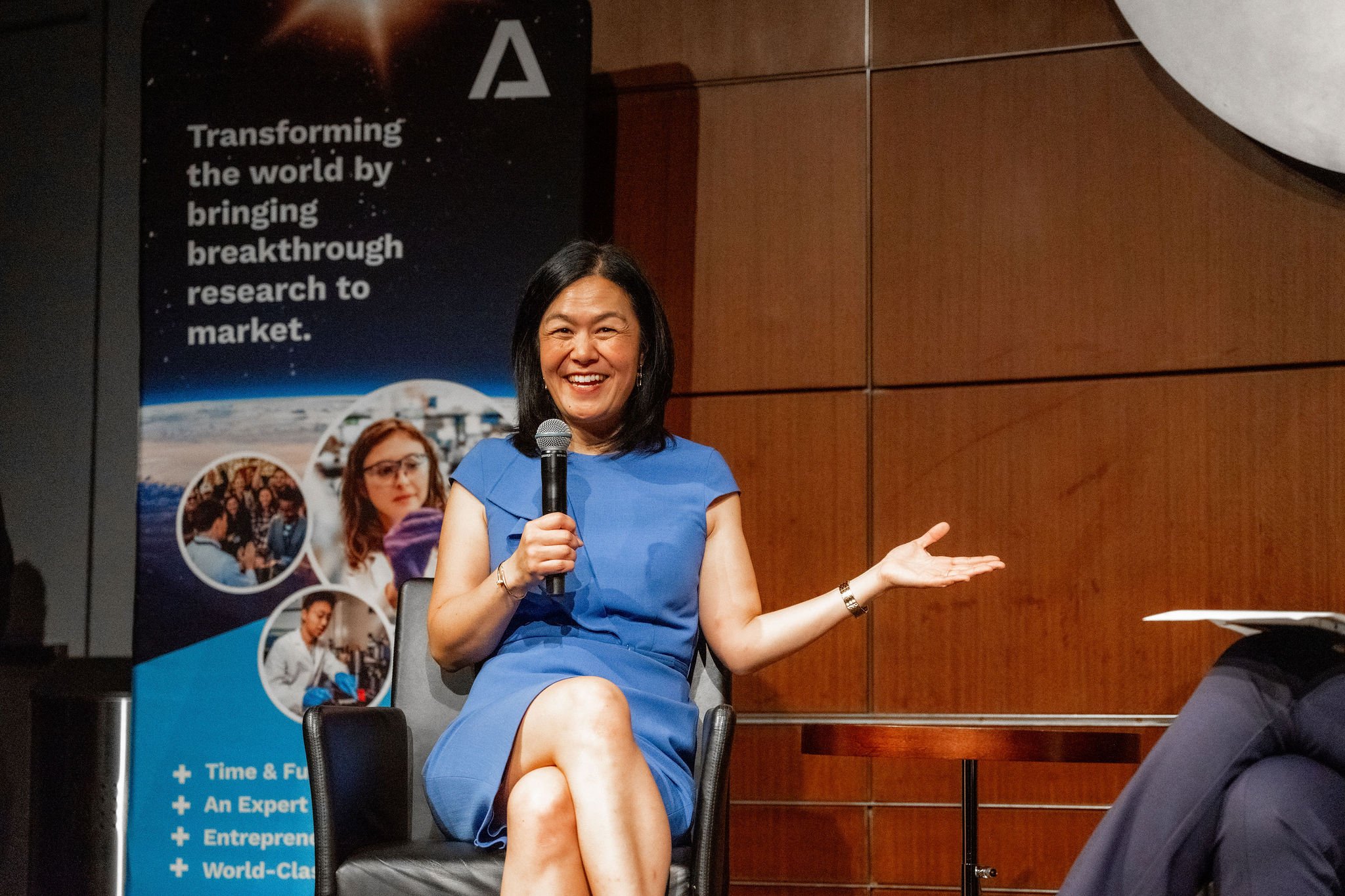
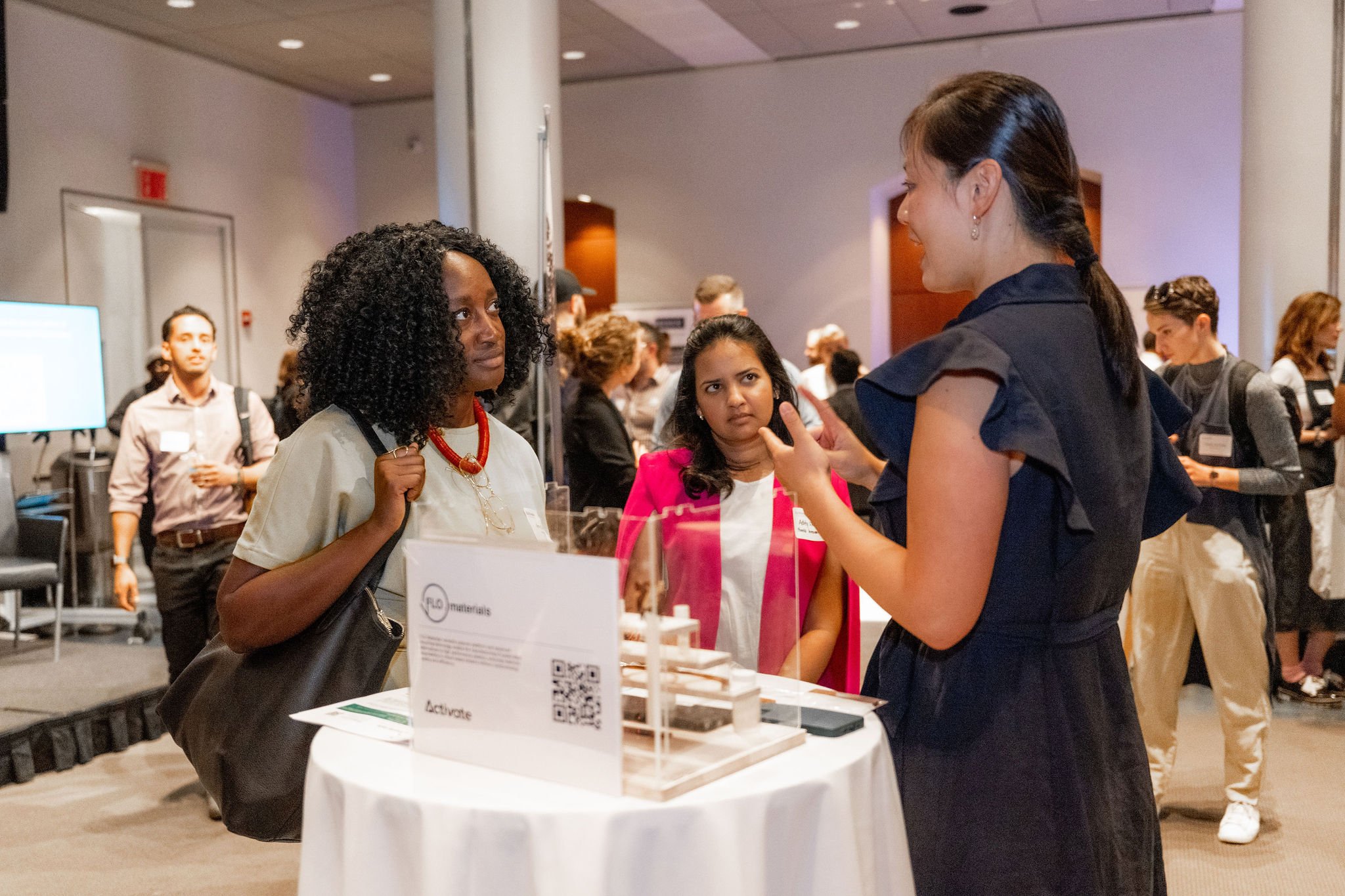
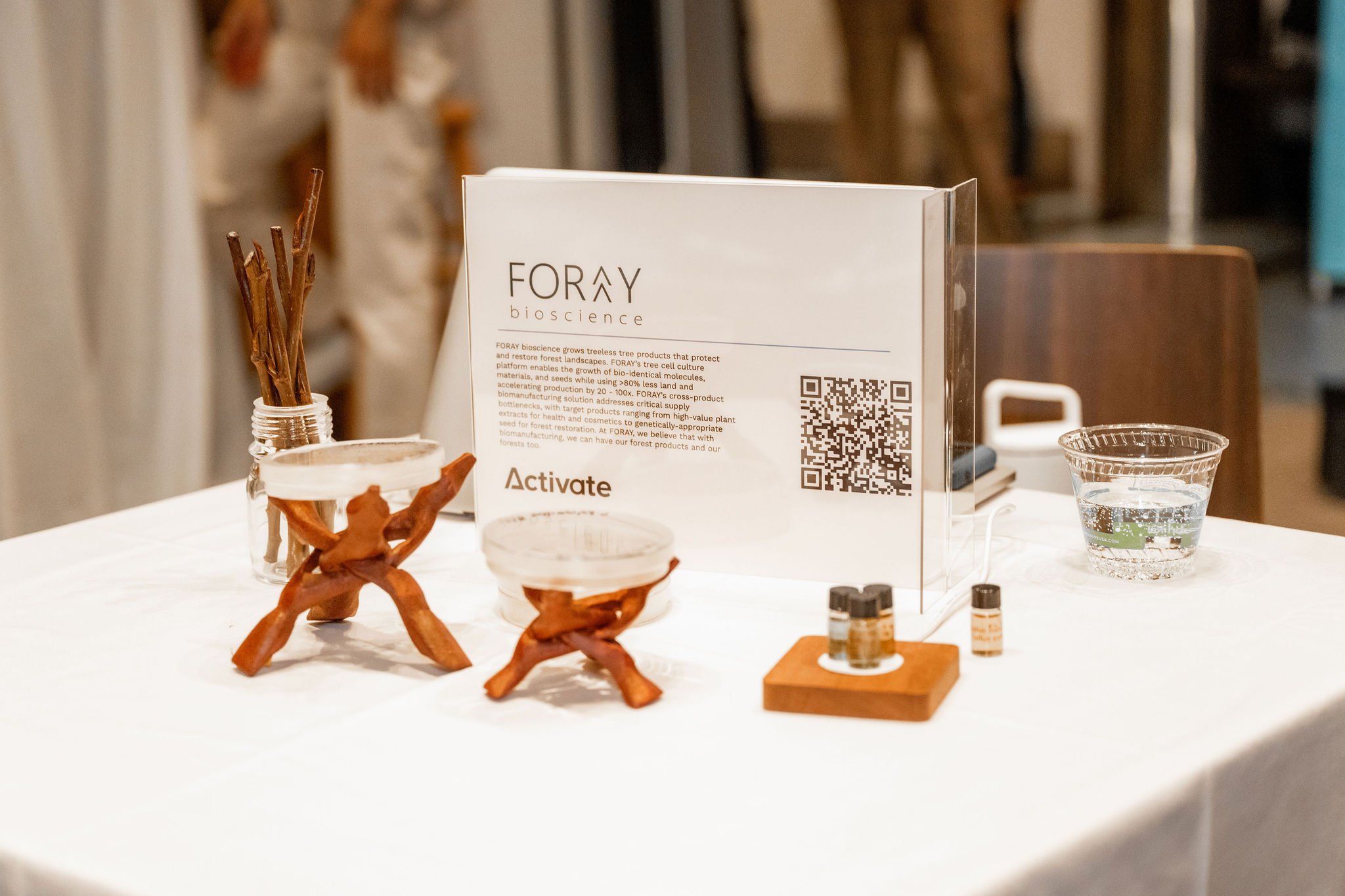









3. No more “manels” at Climate Week NYC.
Attendees noticed the strong representation of women at Climate Week, especially on stage.
“I certainly saw this—not just as attendees across various events, but in panel and speaker representation,” said Marissa Beatty (Cohort 2022, Turnover Labs).
“There were very few panels that didn’t have women represented in the lineup for the events I attended. I would say the opposite was true not even two years ago. ”
Beatty said she’s excited to add multiple women climate leaders she met at Climate Week to her network.
However, Climate Week, and climate tech in general, still have a long way to go in terms of racial diversity and other aspects of diversity. “It's nice to be in a room that's full of women, and it's encouraging to see that that's happening organically,” said Erin Lindgren, Activate strategic partnerships manager. “But that's only part of the diversity question.”
4. Who’s funding climate-tech companies at their next stages? The natural next problem
“VC and climate tech are hot and have been for quite some time, but the rest of the funding pipeline hasn't quite caught up yet,” said Lindgren, explaining that early-stage climate-tech companies will soon have to look beyond VC as they mature and scale.
Throughout Climate Week, the future of financing came up repeatedly—a looming question crucial to achieving the ultimate goal of deploying climate technology at scale.
Several events brought together stakeholders from various finance arenas to imagine new possibilities. Elemental Excelerator hosted one of these events, “Traversing The Scale Gap,” in partnership with Boston Consulting Group and the Rockefeller Foundation. After the event, the Elemental team concluded on their website, “Traversing the gap will require leaning in with ‘old tools,’ like long-term offtake agreements and pooled-loss funds, and ‘new friends,’ like foundations, insurance agencies, and Engineering, Procurement and Construction (EPC) companies.”
Much of Climate Week focused on identifying gaps and mobilizing to close them—or transforming them into “mountains of opportunity.”
“The attitude of ‘solve the next problem’ was pervasive,” said Eva Koehler, fellowship manager for the Activate New York Community. After all, she said, “The climate community as a whole is more excited than dampened by challenges.”
